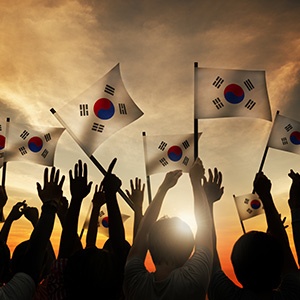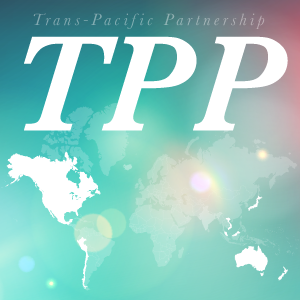Put a band aid on it, it will be ok. Walk it off, you’re not really hurt and you’re holding up the game.
As a guy who has played hockey most of my life I have heard this many times. Then you wake up the next morning take a look and think “Hmm… That might need stitches”. Sometimes trade programs do not look as good as you thought, too.
Over the years, I have talked to many importers and exporters about the state of their trade programs. Most listen with great interest and agree that their trade program does not get the attention it deserves. I usually ask one simple question: How much of your business relies on trade?
Then there are the excuses for not paying attention to the international movement of your goods. When I was in school, I had plenty of excuses and now in my career I have hear lots of them.







